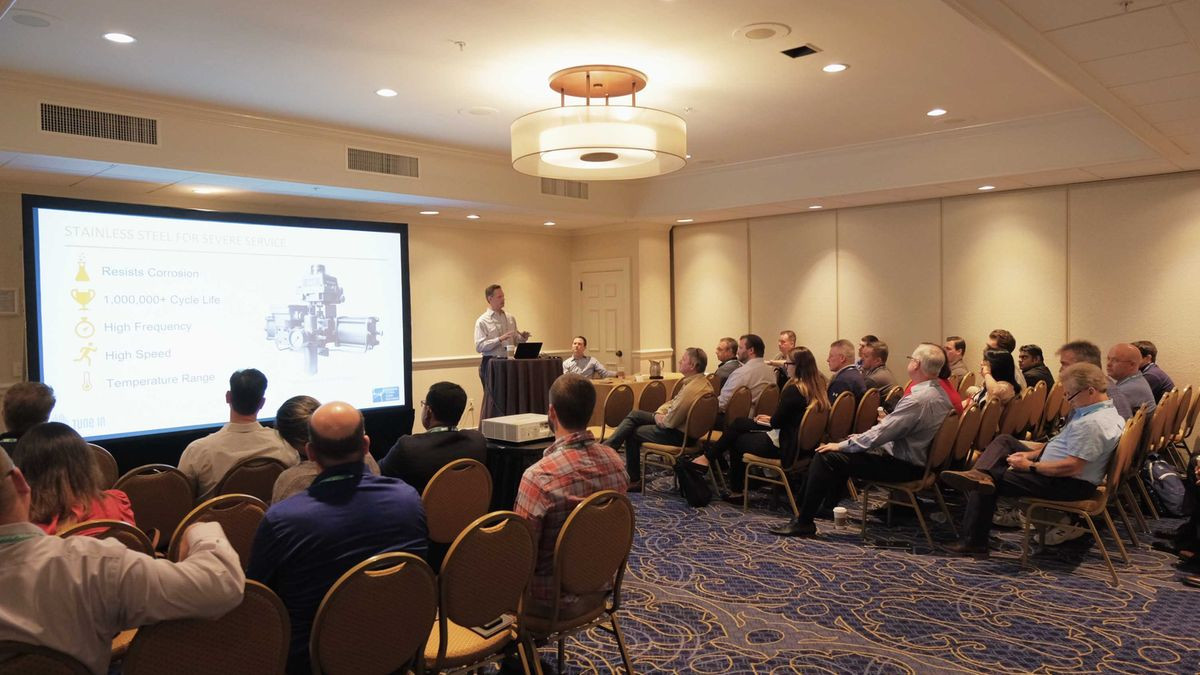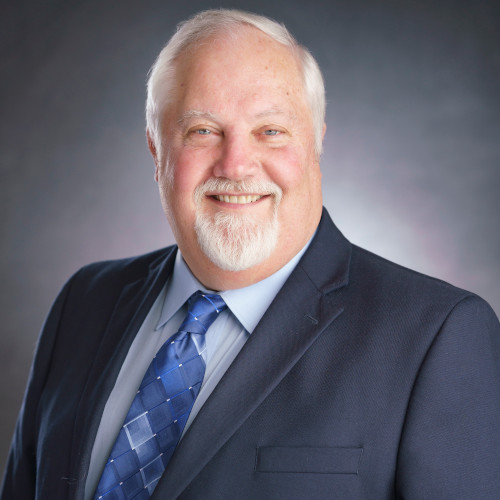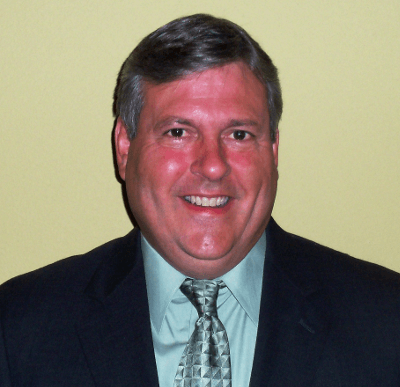
Vast opportunities for knowledge exchange at the Oct 24-28 Emerson Exchange conference.
I’m always amazed at the wealth of knowledge and experience exchanged in the Emerson Exchange 365 global user community. One example I’ve been following is in the DeltaV Forum, Fuzzy logic control in DeltaV. Some Emerson control performance consultants such as James Beall, Lou Heavner, and Mark Coughran have weighed in on the conversation.
This post from Lou especially caught my attention for what he shared:
Building the fuzzy logic (rules) seems pretty straight-forward. The challenge will be to represent the membership functions in a way that can be tuned and evaluated. I’d have to think about that. More variables leads to more rules and introduces more complexity. You could do it, but you might be better off looking for a general purpose fuzzy application that could be loaded on a workstation and use its richer toolset. MPC, Fuzzy, Neural, Expert systems, etc. all have a place in automation.
If the process is fast as many reactors are, you may be better off using an advanced regulatory control strategy. This is what usually happens in combustion control. As long as fast processes aren’t inherently unstable (exothermic reactors for example), regulatory controls usually do a good job. That’s why we often prescribe cascading slower loops to flow loops instead of tying loops like temperature and level directly to a valve which probably has nonlinear characteristics. APC could work, but basic boiler controls are well known, easy to configure and tune, and deal with fast process dynamics.
MPC shines when the process is highly interactive and when deadtime is a dominant process dynamic. Advanced regulatory controls usually involving feed-forward can decouple process interactions. Emerson’s more often recommended approach is to dynamically decouple interacting loops in regulatory control applications is with lambda tuning. MPC doesn’t decouple, but rather coordinates the controller moves to compensate for the loop interactions. PID and other feedback controllers struggle with deadtime dominant processes, which led to the development of the Smith Predictor. Smith Predictor is similar to MPC, but not as robust. The big win for MPC often comes from constraint optimization. Many processes benefit economically from operating closer to constraints. A combination of effective loop tuning and MPC can reduce process variability, often by over 50% when measured as standard deviation. This allows processes to operate closer to constraints. Operators may want to operate closer to constraints, but they have a lot of responsibilities besides monitoring a few critical variables second by second. But MPC is dedicated to those critical variables and can focus on driving the process toward optimal constraint limits.
MPC is a linear controller. If the process operates over a wide range with nonlinearity, it may not be the best answer. Fortunately, for many processes, the process operates in a sufficiently narrow range that it is nearly linear.
What I see in the mining industry, for example, is that the industry has grown up using expert systems and in some cases fuzzy logic to determine the optimum operating point as ore quality and equipment performance change. Unfortunately, they don’t usually provide a dynamic path from current to optimum operation. They can be excellent for updating setpoints and constraint limits in a supervisory fashion and let MPC provide the dynamic control.
If you’re not already a member of the community, I recommend you join Emerson Exchange 365 and join the various groups of interest to be able to participate in the discussions.
Also, register by August 31 to save $500 on registration for the October 24-28 Emerson Exchange conference in the Dallas-Fort Worth, Texas area.
Lou will be presenting in three sessions at this conference: Easy Optimization of a Diesel Hydrotreater, MPC to MPCPlus Migration and Results Achieved in a Crude Unit, and Who’s Afraid of Big Bad AI. James will present DeltaV Advanced Control Project Provides Great ROI on NGL Fractionation Facility. Mark will present Achieving Net-Zero Carbon Emissions with Advanced Process Control. And that’s just a quick peek at some great sessions to join. Check out the Session Catalog for more great presentations by Emerson users and experts.


